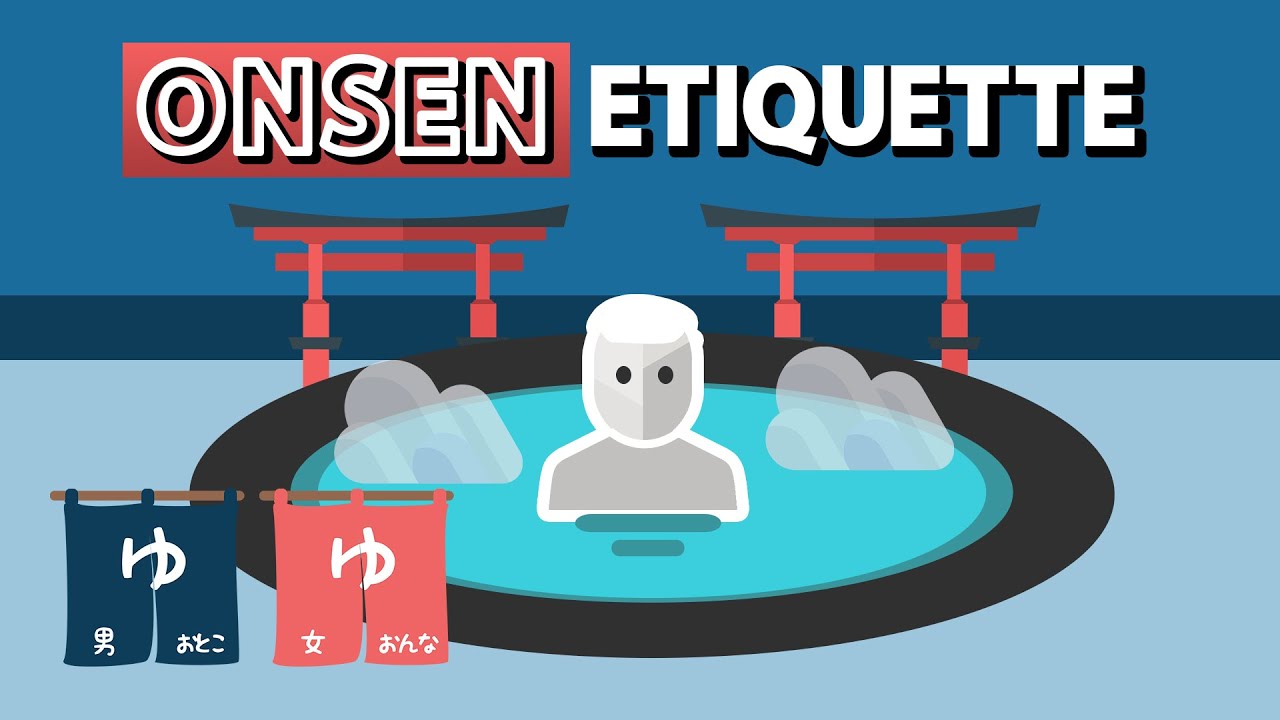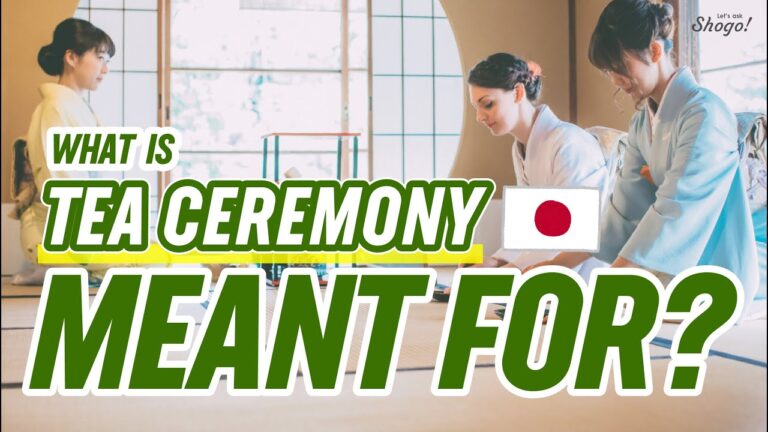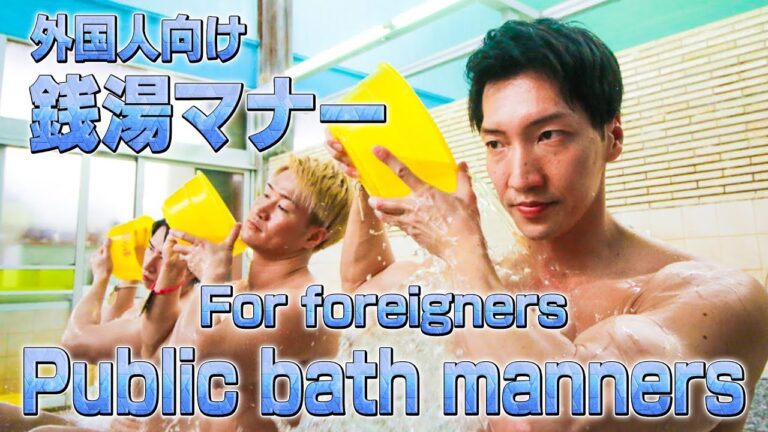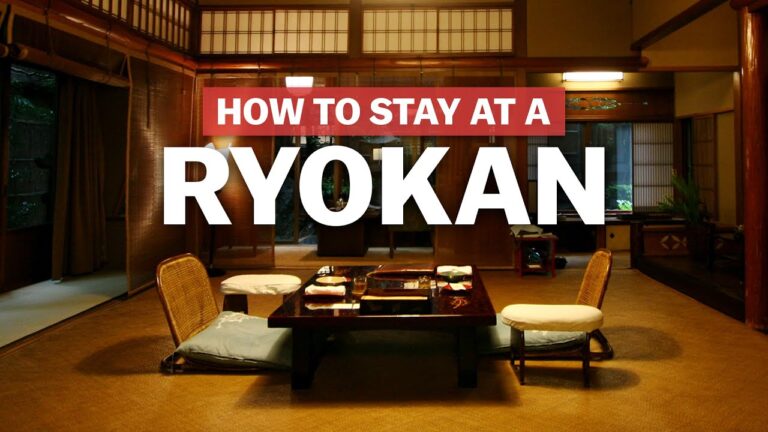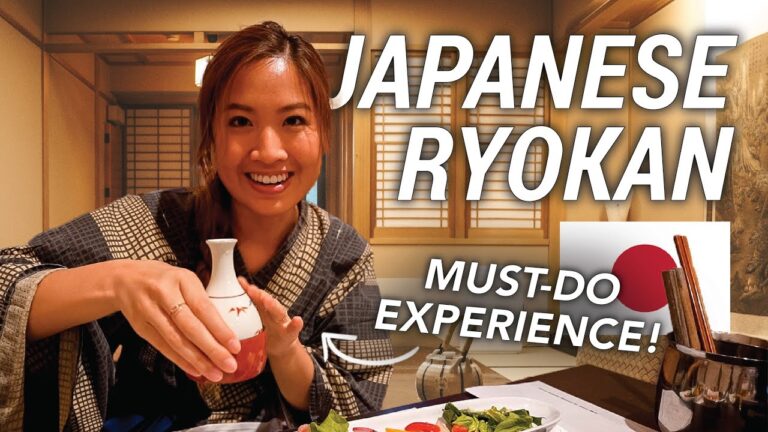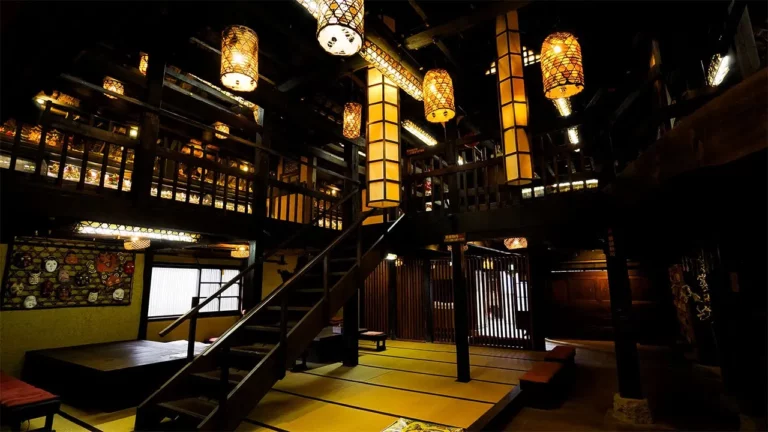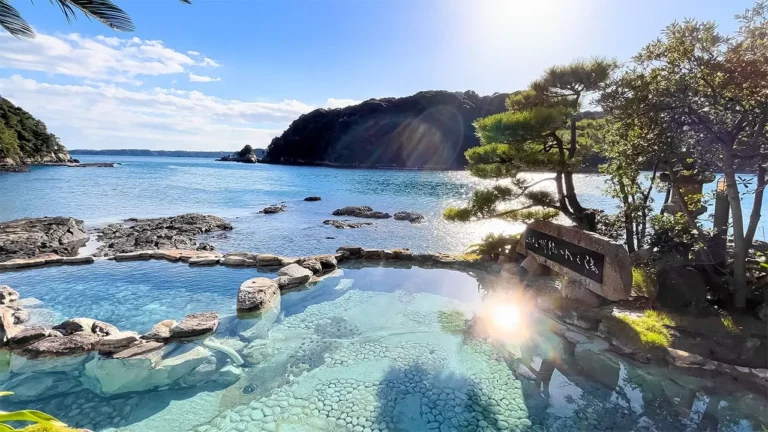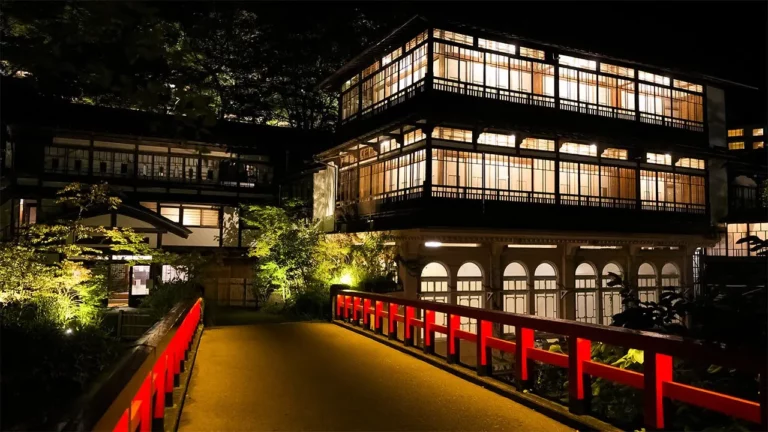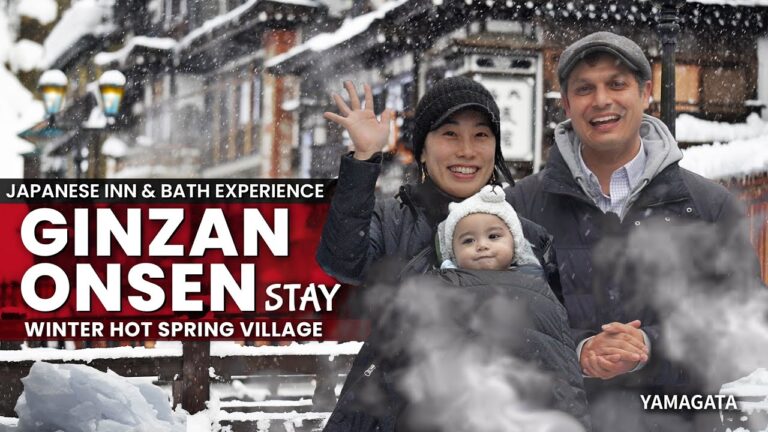Visiting Japan is an adventure filled with cultural nuances and experiences, and one of the most iconic Japanese traditions is soaking in an onsen, or a hot spring bath. However, for first-time visitors, navigating the rules and etiquette of these public baths can be overwhelming. Understanding the do’s and don’ts of Japanese onsen culture is essential to fully enjoy this unique experience.
Firstly, it’s crucial to distinguish between an onsen, which is a natural hot spring, and a sento, a public bath using heated water. While onsen are typically found in traditional Japanese inns called ryokan, sento are more common in residential areas. The rules and etiquette remain similar across these establishments.
One of the most important rules to note is the restriction on tattoos at public baths. Many onsens have a no-tattoo policy, although this is gradually changing. It’s advisable to check with the onsen beforehand if you have tattoos. Additionally, the practice of full nudity is customary in Japanese onsen culture, and guests are generally expected to leave all belongings in the changing room.
Upon entering the onsen, guests are required to thoroughly clean themselves before entering the hot pool. Small towels are used for modesty, and it’s essential to keep them from touching the water to maintain cleanliness. Furthermore, maintaining a serene atmosphere by avoiding loud behavior and respecting others’ personal space is crucial.
Overall, immersing oneself in Japanese onsen culture is not only a relaxing experience but also a lesson in traditional Japanese customs. By following the established etiquette and rules, visitors can fully appreciate the therapeutic benefits and tranquility that onsen offer, making it a truly memorable part of any Japan trip.
